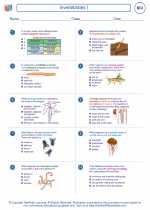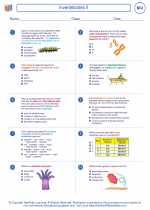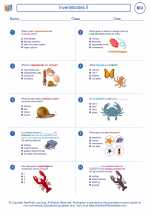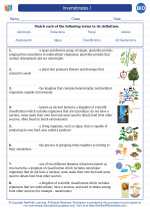Dense Connective Tissue
Dense connective tissue is a type of connective tissue characterized by densely packed collagen fibers. It provides strength, support, and flexibility to various structures in the body.
Structure
The main structural component of dense connective tissue is collagen fibers, which are arranged in a regular pattern to provide strength and resistance to tension. The fibroblast cells are responsible for producing and maintaining the extracellular matrix that surrounds the collagen fibers.
Types
There are two main types of dense connective tissue: regular and irregular. Regular dense connective tissue has collagen fibers that are arranged in parallel, providing strength in a specific direction, and is found in tendons and ligaments. Irregular dense connective tissue has collagen fibers that are arranged in a random pattern, providing strength in multiple directions, and is found in the dermis of the skin and the capsules of organs.
Functions
Some of the key functions of dense connective tissue include:
- Providing strength and support to tendons and ligaments
- Resisting tension and stretching in the skin and organ capsules
- Forming a structural framework for various organs and tissues
Study Guide
Here are some key points to remember when studying dense connective tissue:
- Collagen fibers are the main component of dense connective tissue.
- There are two types of dense connective tissue: regular and irregular.
- Regular dense connective tissue has parallel collagen fibers, while irregular dense connective tissue has a random arrangement of collagen fibers.
- Functions of dense connective tissue include providing strength, support, and resistance to tension.
Remember to review the different types of dense connective tissue and their specific functions in various parts of the body. Understanding the structure and function of dense connective tissue is essential for comprehending the body's mechanical support and flexibility mechanisms.
.◂Biology Worksheets and Study Guides High School. Invertebrates

 Worksheet/Answer key
Worksheet/Answer key
 Worksheet/Answer key
Worksheet/Answer key
 Worksheet/Answer key
Worksheet/Answer key
 Worksheet/Answer key
Worksheet/Answer key
 Worksheet/Answer key
Worksheet/Answer key
 Vocabulary/Answer key
Vocabulary/Answer key
 Vocabulary/Answer key
Vocabulary/Answer key
 Vocabulary/Answer key
Vocabulary/Answer key
